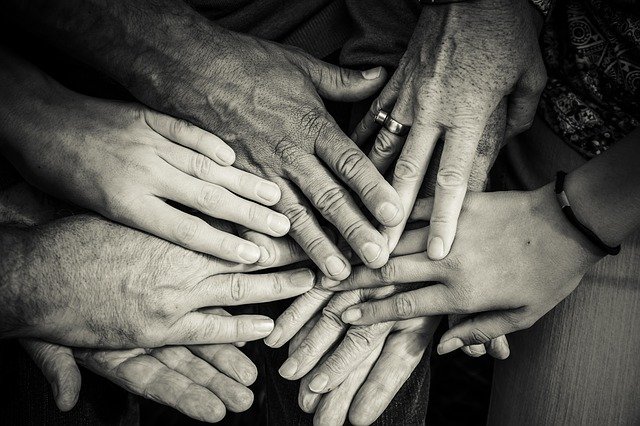This blog addresses some issues related to the impact of the Covid-19 epidemic on active ageing and age-friendly societies. In the EMMA project, the European Master in Active Ageing and Age-Friendly Society, the active ageing concept refers to the all-encompassing ethos of positively growing older. Active ageing aims to find new ways to engage older people in society even after their retirement and thus enable them to lead a meaningful life and even support economic sustainability. The concept of active ageing encompasses also the concept of healthy ageing. It could be a more comprehensive concept, which takes into consideration the person’s entire life course with all its dimensions. Age-friendly society in turn means creating environments that are truly age-friendly.
The beginning of 2020, at the time when we were drawing up the content of the project, was not yet as marked by the Covid-19 pandemic as is the time we are living in now, when the project is in full swing. The partner countries in the project took similar measures to contain the SARS-CoV-2 infections as was the case all over the world. The measures taken were based on social distancing following the principle – the fewer contacts we have with people, the less likely it is we will get sick. In order to draw up the content of the MSc programme of the EMMA project it is therefore important to provide answers to the issue: what impact did the measures have on the lives of older people who were identified as one of the most vulnerable population groups in the pandemic?

The social isolation measure certainly had a strong impact on the older population that was highly affected by social isolation due to ageing even before the pandemic for at least two reasons. First, ageing is a highly stigmatised social phenomenon that leaves older people isolated and excluded from social events, therefore less powerful in society. Second, due to the reduced social contacts with peers that is the consequence of the natural process of dying in old age and reduced social networks. Both cases result in loneliness. It was known before the pandemic that loneliness is one of the most serious phenomena of old age. The consequences of loneliness that have emerged as a side effect of the social isolation measures in the wake of Covid-19 pandemic can only be anticipated. We believe that social isolation as a measure taken to prevent the spread of Covid-19 has become a starting point of a new epidemic of isolation, deprivation and stigmatisation of older people which the students of the completed EMMA Master’s programme will have to be able to address in their work and mission.
However, in the new social context, the well-known concepts on ageing, such as healthy and active ageing and age-friendly communities, have gained new dimensions. We aim now to raise awareness of the need to prevent older people’s isolation and to create conditions for communities that would not exclude the people of various age groups and aim towards the well-being of the community as a whole.

Age-friendly communities respect older people, understand their specific needs and are generally age-friendly; they accept old age and do not neglect it or put it forward as a stage of life we fear or do not want to live to see. The members of such communities live full and meaningful lives as they age. Age-friendly communities take into account all aspects of ageing, which are also changing over time and culturally, and are therefore evolving, changing and quite flexible. Their adaptability to change means that they can also respond effectively to the issues as set by the Covid-19 pandemic.
The perspective of older people is – ironically – often overlooked in an epidemic where countries are taking measures to prevent the spread of coronavirus disease. We need a more coordinated collaboration among the professionals from various disciplines who understand the dimensions of old age and ageing and are committed to creating the inclusive, age-friendly communities. Only an interdisciplinary professional approach to older people can have an impact on the adoption of measures to curb the epidemic of Covid-19, which has not been the practice in all partner countries in the EMMA project. Perhaps one of the reasons is the lack of interdisciplinary education and training that would ensure active ageing and age-friendly society. The epidemic of Covid-19 therefore brings about new challenges, issues, dilemmas and themes that will need to be addressed also in designing the education programme of the EMMA project.
Author information
Assoc. Prof. Jana Mali, PhD
Jana Mali is Associate professor at Faculty of Social Work, University of Ljubljana. Her areas of research and teaching include social work with older people, social work with people with dementia, supervision and methods of social work, long – term care.


